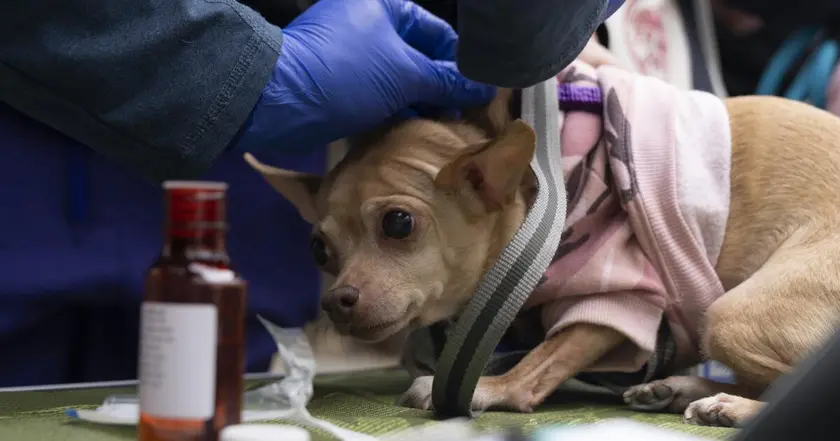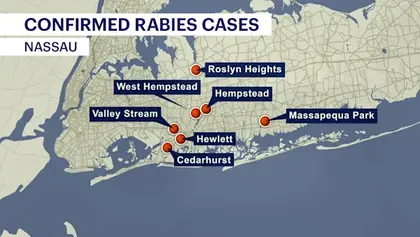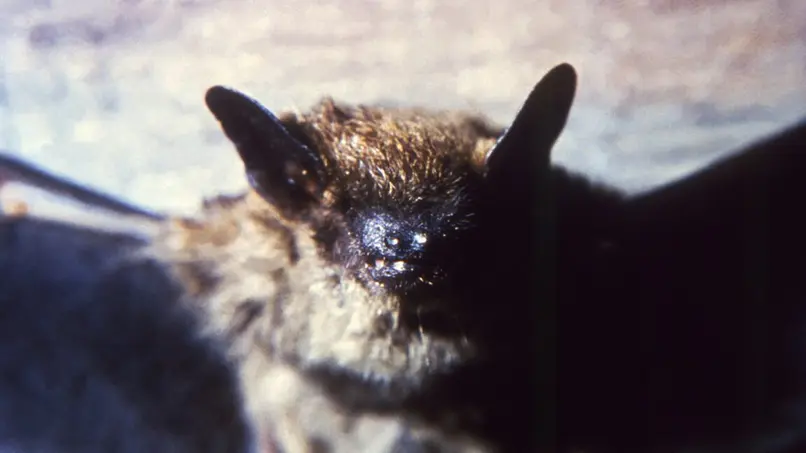T4K3.news
Public health alert: distemper in urban wildlife
Canine distemper is circulating among coyotes in urban areas. Vaccinate pets, leash dogs and report sick wildlife to 623-236-7201.

Arizona wildlife officials warn that canine distemper is circulating among coyotes in urban areas, risking domestic dogs.
Canine distemper in coyotes threatens Valley pets
PHOENIX — Arizona wildlife officials are sounding the alarm about canine distemper in wild coyotes in residential neighborhoods, parks and green spaces. Laboratory testing has confirmed distemper is circulating among coyotes in urban spaces. The illness is a highly contagious viral disease that can affect a dog’s respiratory, gastrointestinal and nervous systems. Humans are not at risk, but the disease can be fatal for dogs and other canids.
A Arizona Game and Fish Department statement said reports of sick or disoriented coyotes have risen in the past few weeks. The department urges pet owners to vaccinate dogs, keep them on a leash and stay away from wildlife, especially if animals show signs of distemper, such as lack of fear toward humans, appearing sick or disoriented, stumbling, seizures or eye and nasal discharge. Distemper can spread through direct contact, shared food or water, or airborne droplets. People should avoid approaching wildlife, refrain from feeding them, supervise pets outdoors and report any sick or dead animals to 623-236-7201. Local nonprofits offer low-cost distemper vaccines for pets.
Key Takeaways
"Laboratory testing has confirmed that canine distemper is circulating among coyotes."
core finding from AZGFD
"Dogs should also be kept on a leash and kept far away from wild animals."
owner guidance
"This illness is a highly contagious viral disease affecting respiratory, gastrointestinal and nervous systems."
disease description
"Report any sick or dead animals to 623-236-7201."
reporting directive
The warning puts a clear, practical frame on a urban wildlife risk. It highlights that preventing disease in pets depends on simple acts: up-to-date vaccines, leashes and distance from wildlife. As cities expand toward nature, the risk to ordinary households grows, and timely, clear guidance matters more than dramatic headlines.
The story also exposes a policy question: how to balance wildlife protection with public health. Easy access to vaccines and consistent messaging from agencies can reduce risk more than scare tactics. In short, the next steps are about logistics and trust.
Highlights
- Vaccination is the best defense for dogs in wildlife areas.
- Keep dogs on a leash and away from wildlife to stay safe.
- Public health in cities depends on simple, practical steps.
Public health and pet safety risk from wildlife distemper
Distemper in urban wildlife increases exposure risk for dogs and unvaccinated pets. The alert calls for vaccination and careful behavior, potentially requiring more veterinary resources and public education in busy neighborhoods.
Communities will adapt as wildlife science guides safer neighborhood life
Enjoyed this? Let your friends know!
Related News

Health alert issued after children contract brain-eating parasite

Rabies case confirmed in Wyomissing

Heatwave update

Flea-borne typhus cases rise in Southern California

Biosecurity alert in Cork after hornet sighting

Nassau County issues rabies health alert

Heat alerts tighten as drought grips England

Coyotes are becoming common in urban areas
